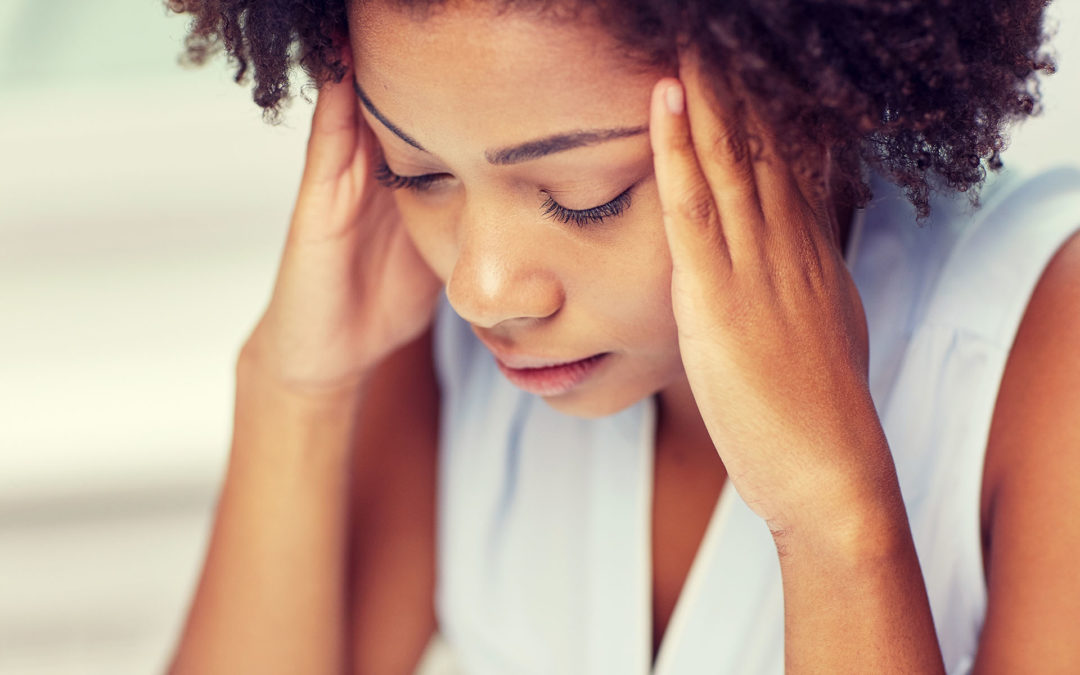Roughly 70% of women regularly suffer from headaches. According to an Assosalute survey, this is the most frequent ailment among women. Migraine tends to affect women more than men, the ratio being three to one. But there is more: the survey revealed that nine women in ten are forced to cope with recurring, slight ailments, such as genital issues, menstrual cramps, gastrointestinal disorders and stress-related problems.
These may be minor impairments but they do affect the life and mood of women, from one to three times a month: the interviewed confessed they become more lunatic and susceptible (one woman in two is aware of it), they feel uneasy when interacting with other people (25%), they change eating habits (22%) and they have problems performing at work (17%). Women aged under 34 are the most severely hit; they claim they suffer from at least three different ailments. Stress-related disorders increase with age: insomnia and muscle rigidity typically affect women aged between 35 and 54, while women aged over 55 mainly suffer from leg swelling.
Most of these disorders are associated with some specific stages of a woman’s life: adolescence, menopause and pregnancy planning are periods that mark a transitional physical and psychological phase. The critical factor is the mutating biology, which has an impact on social life. For example, in teenagers, the menstrual cycle affects life at school and sports. Dysmenorreah is the body telling us that our hormonal balance is precarious. Pain can also conceal pathologies capable of undermining the girls’ fertility in the future.
But why does headache prevalently affect women? We said that roughly three times more women than men have migraine. When the menstrual cycle arrives, cyclical hormone fluctuations make the woman’s brain more vulnerable: it becomes less able to adapt to the factors that may stimulate headaches (such as stress, wake/sleep cycle alterations, weather, hypoglycemia, etc).
On top of that, if you consider premenstrual syndrome (PMS) and period pain, genital disorders, stress-related impairments (insomnia, muscle rigidity, herpes) and gastrointestinal disorders (problems digesting, heartburn, constipation, diarrhoea), it becomes obvious how a woman’s existence is frequently affected by countless, minor ailments that can undermine her normal daily life.

Recent Comments